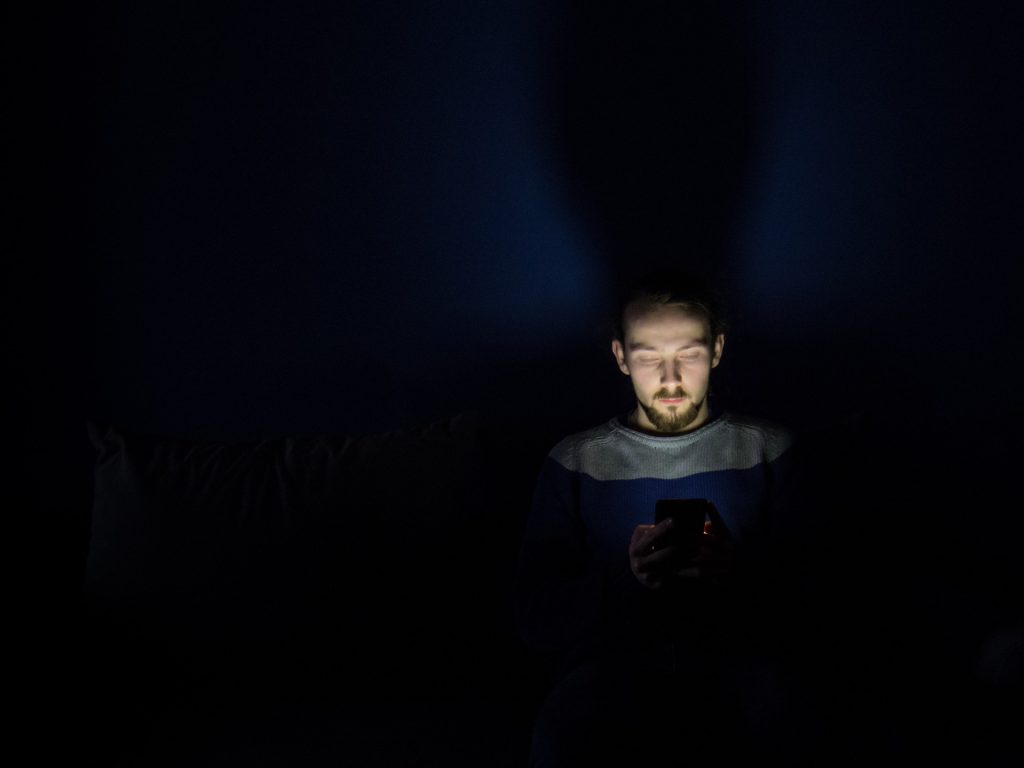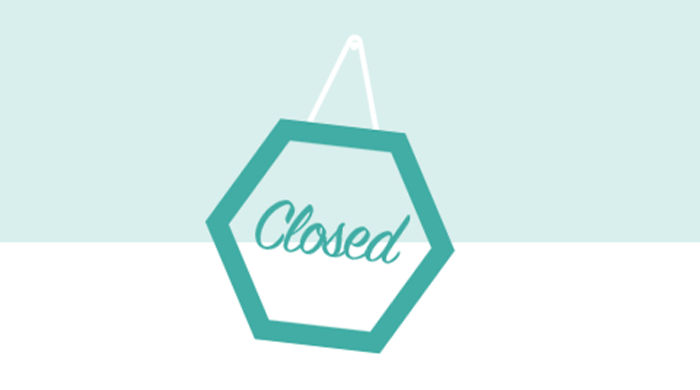How Blue Light Affects Sleep
These days, we come into contact with more blue light than ever and it can have a big impact on sleep and other aspects of your health.
If you regularly struggle with your sleep, it’s worth looking at your exposure to blue light.
What is Blue Light?
Blue light is a type of electromagnetic radiation. It’s not visible to the naked eye but it can have a big impact on hormones, sleep, and alertness. It has a short wavelength that can trigger sensors in the eyes that communicate with your body’s internal clock.
In the daytime, exposure to blue light can have some positive benefits. It can help you focus and lift your mood, for example. But at other times of the day, it’s less helpful and can have detrimental effects.
Blue light is emitted by electronic devices and artificial lighting. Common culprits include LED and fluorescent lights, smartphones, tablets, laptops, Kindles and televisions. Energy-efficient lightbulbs often produce more light than their less “green” counterparts.
How Does Blue Light Impact Sleep?
Blue light can affect natural sleep cycles. The main impact is on your body’s circadian rhythms, which have traditionally been in sync with sunrise and sunset. Our ancestors relied on sunlight and were in relative darkness once the sun had set.
Exposure to electronic devices and artificial lighting means that you’re exposed to much more light in the hours leading up to bedtime – crucially, at a time when daylight is naturally in short supply or non-existent.
Changes to circadian rhythms make it more difficult to get to sleep and stay asleep throughout the night.
Blue light also reduces the production of melatonin, a hormone that is essential for feeling drowsy at bedtime. Any type of light can potentially suppress melatonin levels but blue light is the biggest culprit.
In a study by Harvard researchers, 6.5 hours of exposure to blue light suppressed melatonin levels for around twice as long compared to green light and had a significant effect on circadian rhythms.
And in another study, researchers from the University of Toronto found that melatonin levels were roughly the same in people who had been exposed to bright indoor light while wearing blue-light-blocking glasses and in people who were exposed to dim light without eye protection.
In a nutshell: blue light can fool your brain into thinking that it’s still daylight.
Over time, this disruption in your body’s circadian rhythms can affect metabolic health and have negative effects on mental health. It can make you more likely to develop health problems.
How to Reduce the Impact
Minimising your exposure to blue light in the evenings is crucial for helping your body to sleep. Once it starts to get dark outside, look at common sources of blue light in your home and see what you can do to reduce the impact.
Try these tips to stop blue light from ruining your sleep and having a broader effect on your overall health:
● Try to get as much exposure to bright light during the daytime as you can, especially first thing in the morning. This helps boost your mood and improve sleep levels.
● Turn off devices in the hours leading up to bedtime, especially electronic devices. If you struggle to get into a good routine with this, try setting an alarm to remind you that it’s time to switch off. If you can, try to dim artificial lighting at this time too.
● If it’s not possible to keep away from devices and/or you can’t dim lighting, try using blue-light-blocking glasses to keep exposure to a minimum.
● If it’s not an option to turn off every blue light device or light in your bedroom, an eye mask that can block it from entering your eyes.
● Many devices allow you to dim the brightness and enter “night mode”. This is often a warmer red light and is less disruptive to sleep compared to blue light. There are also apps that can filter blue light without affecting your ability to see the screen.
● If you work night shifts and can’t avoid exposure to blue light, blue-light-blocking glasses can reduce the impact.
● Red light is the least likely to affect your circadian rhythm and sleep.





